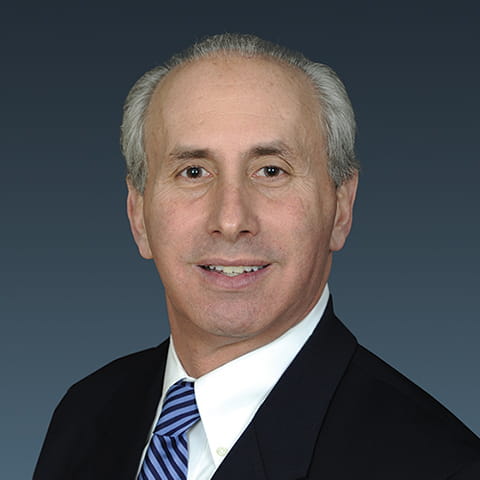Washington State court decision limits B&O tax investment income deduction

In an April 11 decision, the Washington State Court of Appeals ruled that the business and occupation (B&O) tax investment income deduction available to taxpayers, except banking, lending, or security businesses, was to be limited to investments that are “incidental to the main purpose of the taxpayer’s business.”
The case has now been appealed to the state Supreme Court. It remains to be seen whether 1) the Supreme Court will agree to hear this case under appeal, and, if so, 2) how they will rule. But in the meantime, individuals and businesses with investment activities in Washington should be aware of the case and how they may be affected by the ultimate outcome.
Background
Washington statute has long provided for a deduction of investment income when calculating the B&O taxable base. The Department of Revenue (DOR) generally considers income derived from the following to be investment income: gains realized from trading in stocks, bonds, or other evidences of indebtedness, interest income, and dividends.
In 2002, the Washington legislature amended the investment income deduction statute to exclude “other financial businesses” from the list of taxpayers prohibited from taking the investment income deduction, resulting in only banking, lending, and security businesses being prohibited from taking the deduction.
The Washington DOR denied refund requests filed in 2019 by Antio et al. (Antio). Antio challenged the determination, and at trial the DOR argued that Antio was not entitled to the investment income deduction as a matter of law because its investment income was not incidental to the main purpose of Antio’s business, which was investing.
On July 8, 2022, the trial court granted the DOR’s motion for summary judgement, and Antio appealed that ruling to the appellate court.
Most recent court ruling
On review, the Washington State Court of Appeals affirmed the determination of the trial court. Citing to the O’Leary case, which preceded the legislature’s 2002 update to the investment income deduction statute by approximately 16 years, the Court asserted that even though the statute does not limit the deduction to incidental investments, the Washington Supreme Court had previously defined “investment” in O’Leary, and that definition should apply. Because Antio’s income was derived 100% from its investments, the Court concluded it could not be incidental to its main business purpose under the O’Leary definition of investment, and as such it was not entitled to the investment income deduction.
The current question
This summer, Antio filed a petition for review by the Washington Supreme Court of the appellate court’s decision. If review is denied, or if the Supreme Court affirms the decision of the appellate court, the result is that significantly more taxpayers will be subject to the B&O on their investment income. Particularly at risk are various types of investment funds and their investors; family offices; and businesses whose investment and treasury functions are managed by subsidiary entities structured for that specific purpose. Individuals and businesses so affected would pay a tax of 1.5% or 1.75% on the gross income of the investments.
Additionally, taxation under B&O does not relieve a taxpayer from Washington capital gains tax obligations, and the investment income could also be subject to the capital gains tax. However, a taxpayer would be entitled to a credit against the B&O tax for capital gains tax paid on the sale of long-term capital gains, the income from which is subject to the B&O tax.
What does CohnReznick think?
It is unclear whether the Washington Supreme Court will grant review in this case, and even if review is granted, how the court will ultimately rule. What is clear, however, is the appellate court’s decision in the Antio case represents a significant change in DOR policy, and has the potential to subject to tax large numbers of individuals and businesses that previously were not subject to tax by virtue of the investment income deduction. Individuals and businesses with investment activities in Washington should consult with their tax advisors to determine the extent to which they may be affected by the Antio case.
Contact
Krista Schipp, Director, State and Local Tax Services
646.630.1924
Jamie Kelly, Manager, State and Local Tax Services
312.788.6058
Contact
Let’s start a conversation about your company’s strategic goals and vision for the future.
Please fill all required fields*
Please verify your information and check to see if all require fields have been filled in.

CohnReznick Tax: Alerts and Webinars
Related Services
Any advice contained in this communication, including attachments and enclosures, is not intended as a thorough, in-depth analysis of specific issues. Nor is it sufficient to avoid tax-related penalties. This has been prepared for information purposes and general guidance only and does not constitute legal or professional advice. You should not act upon the information contained in this publication without obtaining specific professional advice specific to, among other things, your individual facts, circumstances and jurisdiction. No representation or warranty (express or implied) is made as to the accuracy or completeness of the information contained in this publication, and CohnReznick, its partners, employees and agents accept no liability, and disclaim all responsibility, for the consequences of you or anyone else acting, or refraining to act, in reliance on the information contained in this publication or for any decision based on it.













